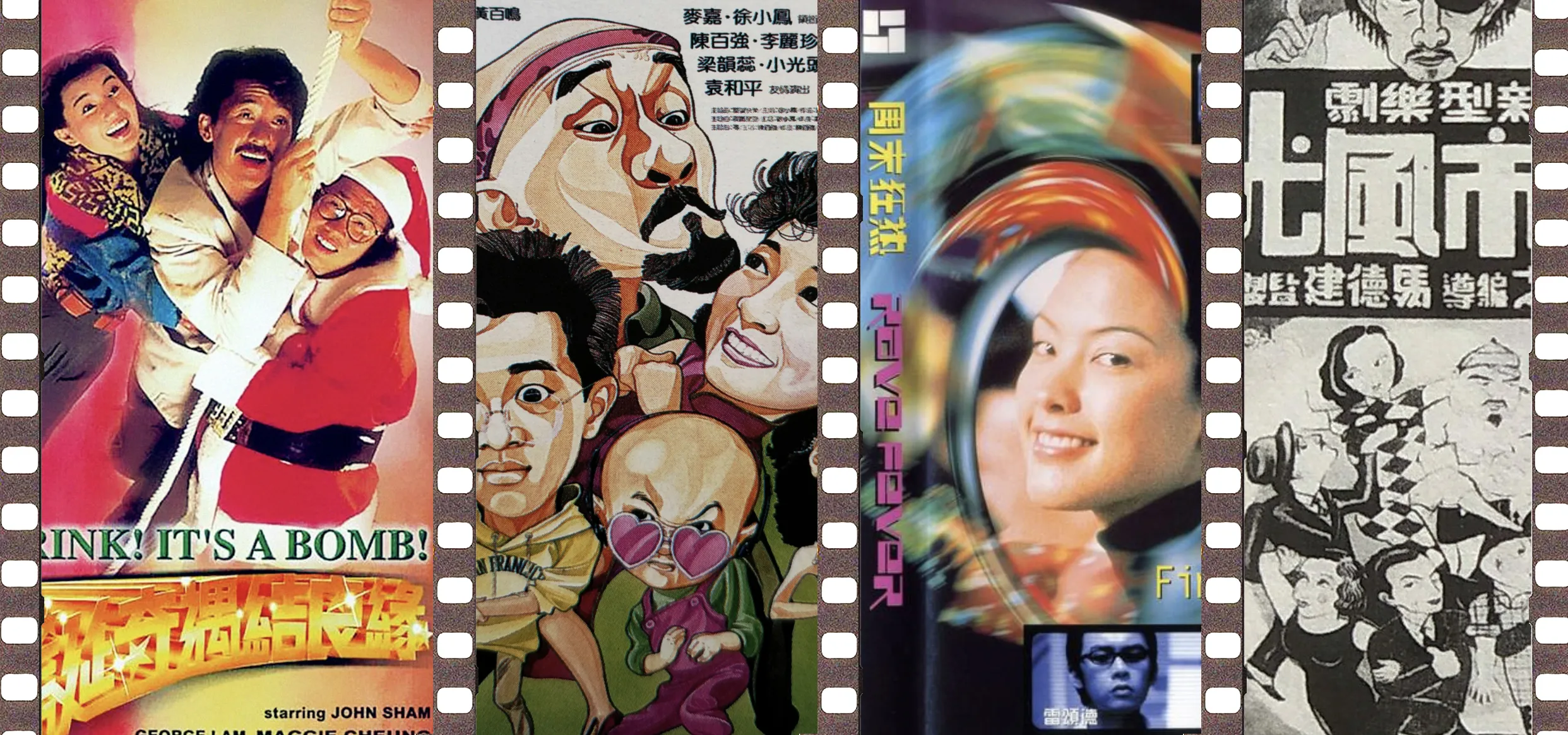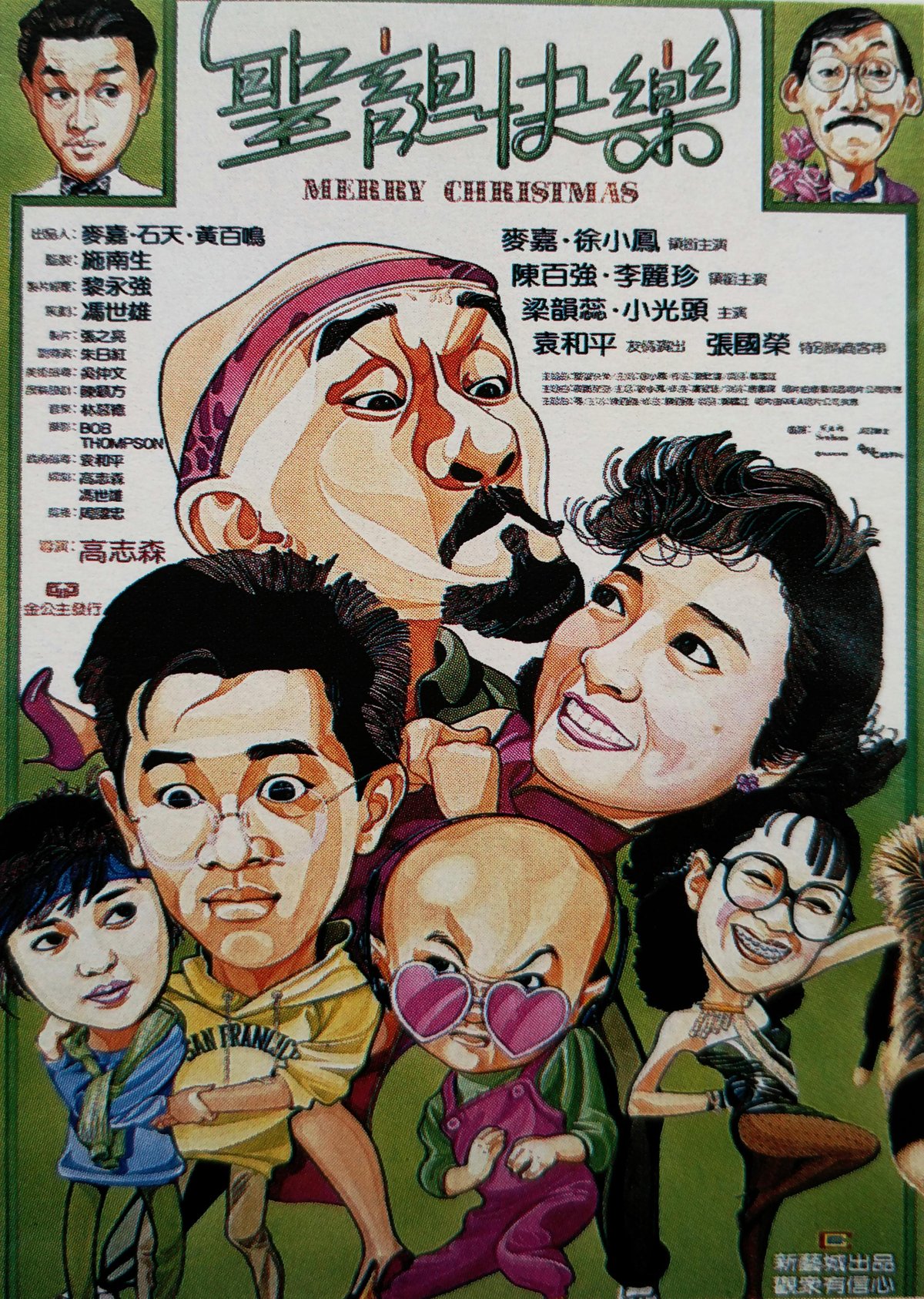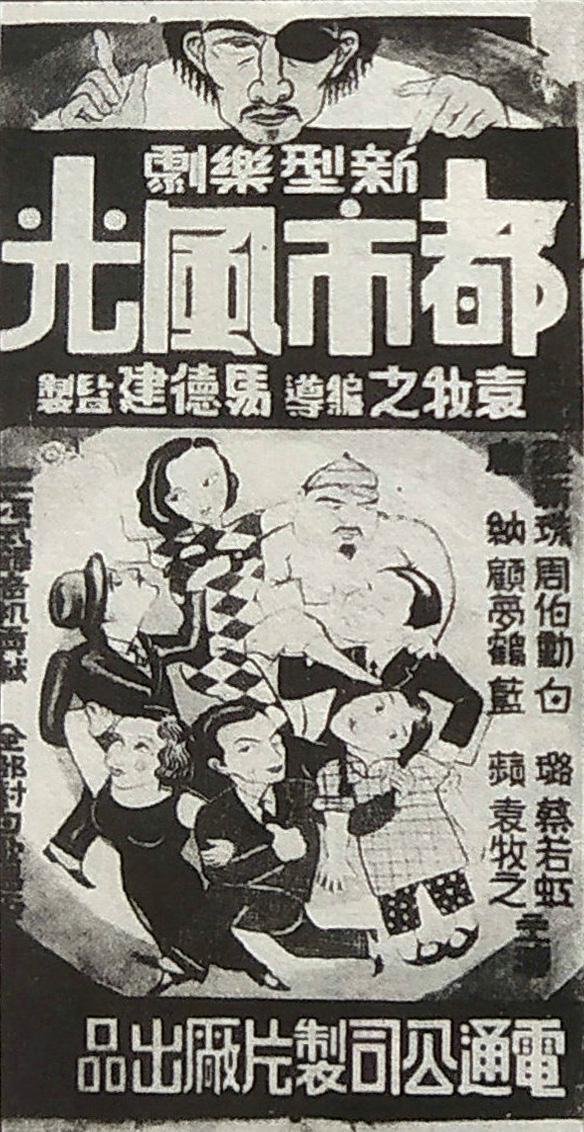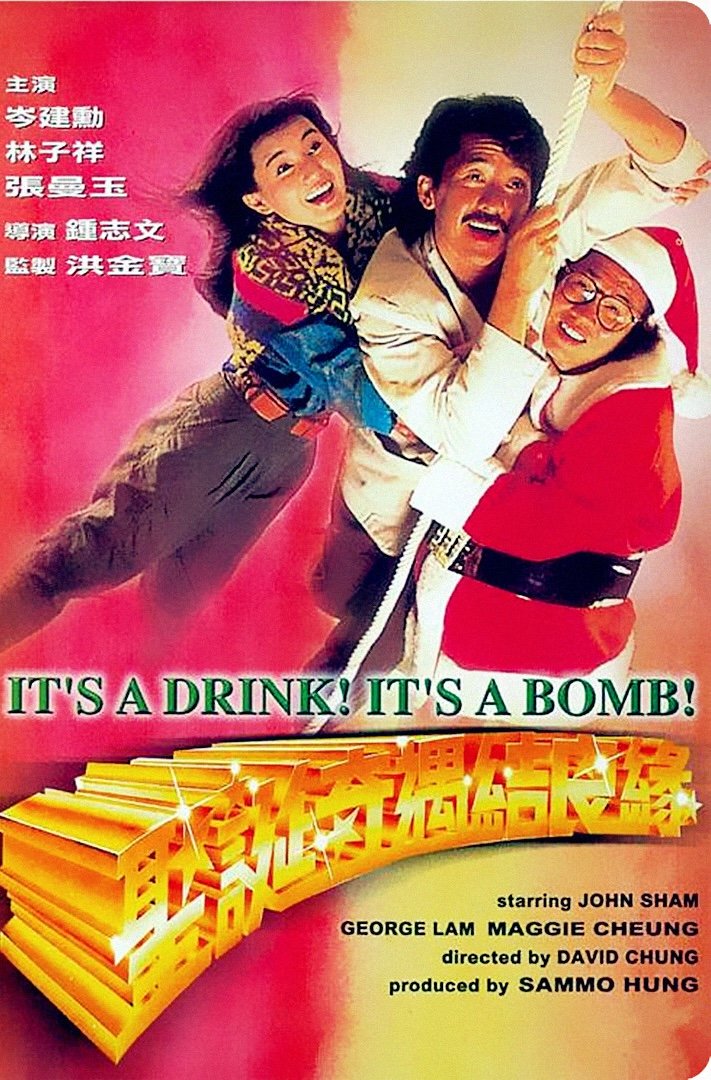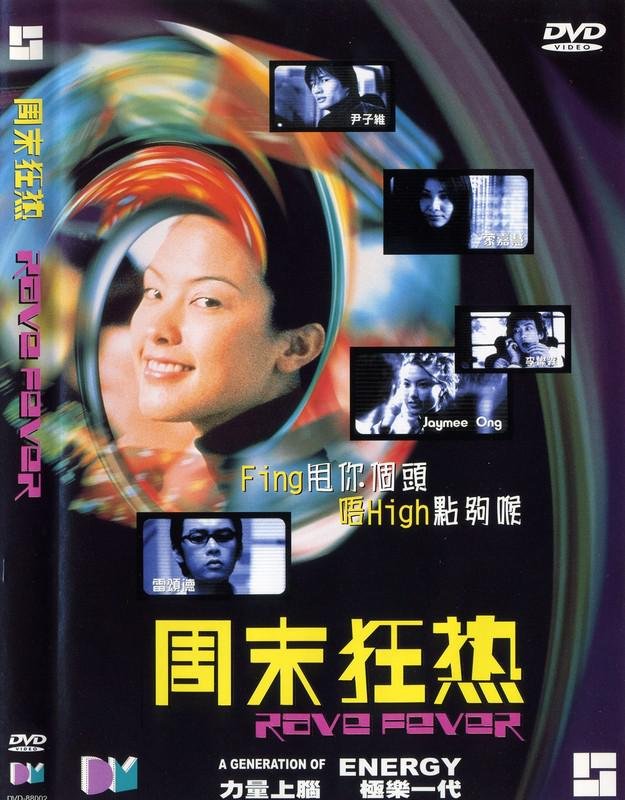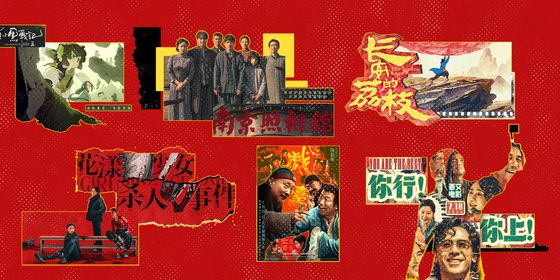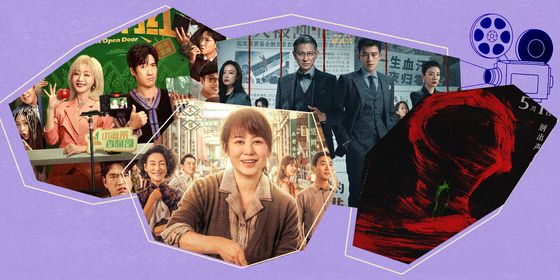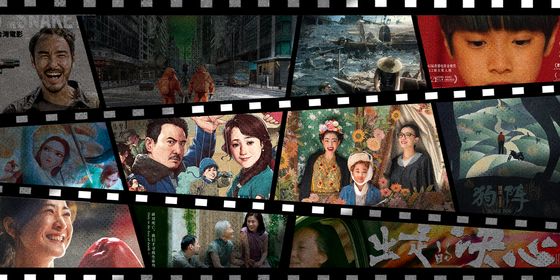Tired of “Love Actually” and “Home Alone”? Here are four Chinese-language Christmas movies to watch this festive season.
China isn’t short of holiday films. Classics like All’s Well, End’s Well (1992) are favorites around the Lunar New Year. But, surprisingly, there are also a handful of excellent Chinese-language Christmas movies, with the earliest ones dating back to the 1930s.
Most of them are comedies full of slapstick, puns, and Hong Kong mo lei tau comedy tropes, but they also include musical numbers, martial arts fights, and chase scenes. Some of them lean into the festive spirit, with Christmas Eve backdrops and preparations for festive balls, while others simply take place around the holiday. But arguing whether something is a Christmas movie or not is practically a holiday tradition by now (think Die Hard).
Here are four Christmas movies from the Chinese mainland and Hong Kong that you can watch this festive season.
Merry Christmas 《圣诞快乐》 (1984)
The fact that the first 12 minutes of Merry Christmas is just one prolonged, elaborate prank tells the audience a lot about what to expect from Hong Kong filmmaker Clifton Ko’s knee-slapping comedy of errors. As the most festive entry on this list, the film unfolds on Christmas Eve, centering on one Hong Kong family.
Baldy, a successful middle-aged newspaper editor and a widower with three children, is often bored after work. Agreeing that their father needs a new partner, the kids–Danny, Jane, and Junior–attempt to set him up with their neighbor Paula, a singer who helps babysit Junior.
Baldy gives hypocritical and contradictory advice on dating to his son and daughter when the latter is courted by a charming man played by the legendary Leslie Cheung. However, unimpressed with their father’s biased gender politics, the children decide to teach him a thing or two about relationships in increasingly modern times.
The scenes of mistaken identity elicit the most uproarious laughter from the audience in this wholesome family comedy. Ko put these skills to use again in another holiday film, the aforementioned All’s Well, Ends Well.
Available on Apple TV and iQIYI.
City Scenes《都市风光》 (1935)
While City Scenes starts as a romantic comedy, writer-director Yuan Muzhi’s debut is primarily a film about wealth and poverty in Republican Era (1912 – 1949) Shanghai. Li Menghua, a poor young intellectual, pursues a pawn shop owner’s daughter, Zhang Xiaoyun, whose suitors also include Wang Junsan, a perfidious tea businessman, and his assistant, Xiaochen.
But Zhang’s priority lies in obtaining a new outfit for an upcoming Christmas ball and a friend’s wedding. To achieve this, she and her maid craftily manipulate the men, accepting their gifts while skillfully thwarting their romantic advances. Set in a world where everyone seems indebted to someone, the movie’s characters beg, steal, borrow, or barter in delightfully humorous ways and with clever audiovisual gags.
This early example of a Chinese sound film was technically astounding at the time. Double exposures, tilted shot angles, and dazzling lights showcase the hustle and bustle of metropolitan Shanghai like audiences had never seen before, while clever transitions move the plot along to the accompaniment of a whimsical score and some gibberish dialogue. The film also includes a notable cameo performance by Lan Ping, the stage name of Mao Zedong’s fourth wife Jiang Qing, in one of her very first roles.
Available with English subtitles as part of the Chinese Film Classics project and on iQIYI.
It’s a Drink! It’s a Bomb! 《圣诞奇遇结良缘》 (1985)
Labeled as a romantic adventure comedy, the Chinese title of this madcap movie roughly translates to “Christmas Adventure Meets a Happy Match.” Set against the colorful backdrop of 1980s Hong Kong, two Japanese gangsters acquire and then lose an explosive device disguised as a can of cola. A crew of three hapless oddballs—a moped-riding geologist, a wannabe-detective taxi driver, and a bubbly cyclist (played by Maggie Cheung)—unwittingly get involved in the search for the bomb. What follows can be summed up as one long chase sequence, sprinkled with over-the-top martial arts stunts—what could be more Christmas-y than that?
Besides vehicles, various weapons also play a role in the slapstick humor as the crossbow-wielding and katana-carrying characters engage in hilariously anticlimactic duels. There are absurd standout moments aplenty in this early directorial effort by David Chung, the cinematographer of classics like Flirting Scholar (1993) starring Stephen Chow and Gong Li. From the villains who look as if they’re cosplaying to the blatantly persistent product placement that also serves as a MacGuffin, there are so many idiosyncratic elements mixed seemingly only for the sake of incongruous fun.
Available on Apple TV and Tencent Video.
X-Mas Rave Fever 《周末狂热》 (1999)
One of the very first films by Alan Mak, the co-director of the highly-acclaimed Infernal Affairs (2002) crime trilogy, X-Mas Rave Fever is a dark comedy with some whiplash-inducing plot twists. Don, a harried office worker, wakes up one day with no recollection of his birthday celebration the night before, but a hangover, a hickey, and a notebook belonging to someone named Sonia.
Don’s journey tracking down the mysterious woman becomes entwined in a Pulp Fiction-esque plot as he makes the acquaintance of Nicole, Ashley, Steven, and Gordon in a nightclub. Each character’s subplot leads to a final Christmas rave party where shocking secrets are unveiled as everyone’s paths cross. With the ensemble cast partying like it’s 1999, Don discovers everyone is either searching for or trying to avoid Sonia. The film develops into a mash-up of genres including mystery, thriller, and mo lei tau–a type of Cantonese nonsensical comedy style popularized by Stephen Chow.
Warning: given its carefree attitude toward sex and relationships as well as its depiction of alcohol consumption and even drug use, X-Mas Rave Fever is decidedly not family-friendly Christmas viewing.
Available on Tencent Video.





